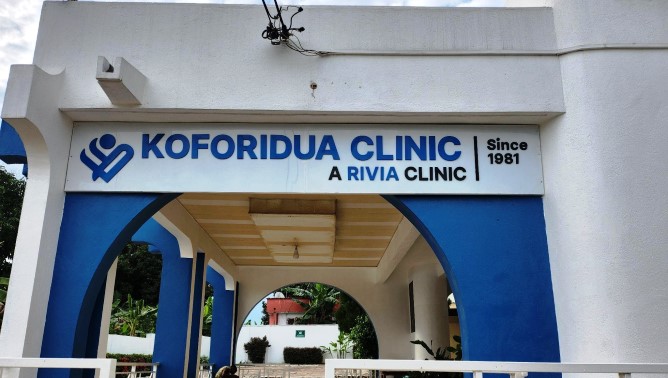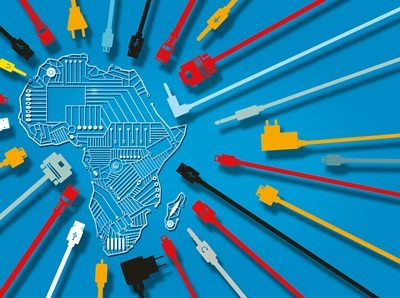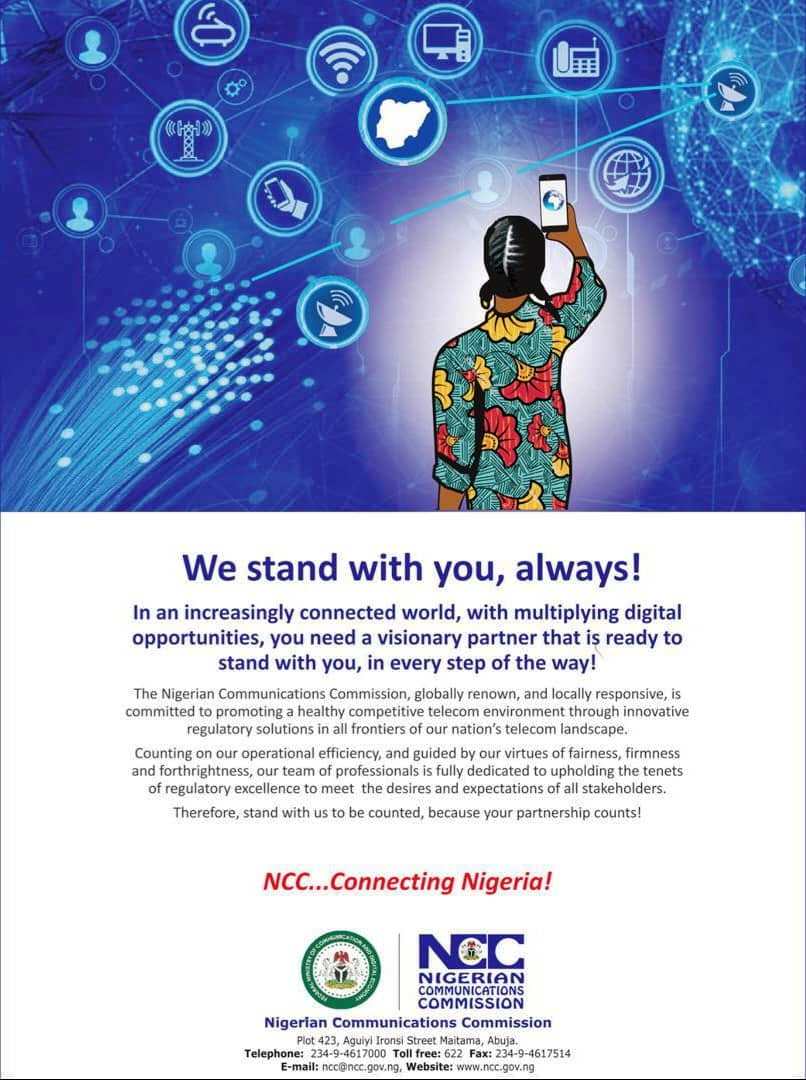Rivia launched in Ghana in 2024 with a simple goal: make healthcare accessible, enjoyable, and patient-centered.
RELATED: Rivia acquires Ghanaian SaaS company Waffle to expand digital healthcare network
To do that, the company partnered with existing clinics, and upgraded their physical infrastructure. It also trained their staff, and embedded Rivia’s own clinic management software (RiviaOS) into daily operations. Within eight months of joining the network, the average Rivia clinic triples its patient visits, according to the company.
That’s not hard to believe because initial partner clinics received an essential upgrade — which included better infrastructure, new software, trained staff and well-stocked medical consumables. Add Rivia’s growing brand reputation and you start to see why people prefer “Rivia Clinics” across Ghana.
But the real magic lies under the hood. All clinics on Rivia’s platform are digitally integrated, meaning patients can move seamlessly from one provider to another without re-registering or repeating their medical history. It’s a unified health record that travels with you, saving time and reducing errors.
Today, Rivia has built a digitally integrated network spanning 52 providers, impacting the lives of over 50,000 patients. Rivia raised an undisclosed pre-seed round in 2024 from investors such as Kaleo Ventures, Fast Forward Ventures, Chanzo Capital, Taurus Venture Capital and a host of other angels, including Meta and Microsoft employees.
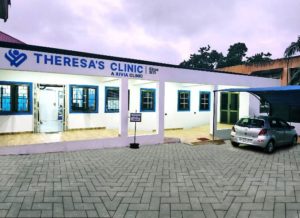
Rivia’s New Bet: The “Health Access” Model
For most people, the go-to way to get healthcare coverage is through traditional insurance schemes. But this model is a nightmare of complexities, technicalities, and medical jargon that has either complicated the process or scared people away completely.
In Ghana, fewer than 600,000 people—out of a population of 35 million—have private health insurance.
In Nigeria, where out-of-pocket spending makes up nearly 75% of total healthcare expenditure, only about 5% of the population is covered by any form of health insurance.
In Kenya, just 3–4% of citizens are enrolled in private health plans, while the Social Health Insurance Fund (SHIF) struggles with low coverage and inefficiency.
Even in South Africa, the most developed market on the continent, only about 16% of the population—roughly 9 million people—are covered by private medical aid schemes, leaving the majority dependent on overstretched public hospitals.
In short, despite decades of effort, traditional insurance models have failed to scale across Africa. The result is a fragmented system where most people still pay cash for care, and millions delay or avoid treatment entirely.
“The system still runs on legacy business models and somehow expects different results,” says Isidore Kpotufe, Rivia’s co-founder and CEO.
Rivia is taking a different approach. Instead of trying to fix insurance, it’s building something new—a model it calls “Health Access.”
“There are two markets,” Isidore says. “Health Insurance and Health Access. Rivia belongs to Health Access.”
The idea borrows lessons from companies like Netflix, Amazon, and Uber—simple, user-friendly platforms that give people instant access without the usual complexity.
How the Rivia Health Access Model Works
Here’s how it works in practice:
Members pay an upfront yearly fee, say $50, which unlocks $200 worth of healthcare services within Rivia’s network of clinics.
Unlike traditional insurance, there are no restrictions, exclusions, co-pays, or deductibles. Members can use their full balance for any service available in the Rivia network—from consultations to lab tests and prescriptions. Rivia’s model is primarily targeted at primary care, where 60% to 80% of healthcare happens, depending on the region.
Behind the scenes, Rivia has pre-agreed partnerships with clinics that guarantee service availability for members. This flips the traditional model on its head: instead of insurers underwriting care, the clinics themselves do, backed by Rivia’s platform.
“The market is full of point solutions—a telemedicine app here, a clinic management software there,” says Isidore. “None of them solve the real problem: fragmentation. We spent the last year building the underlying infrastructure. Now, our network of clinics doesn’t just share a brand; they share a central nervous system. This is the launchpad for everything we do next.”
He adds, “Think of it as Netflix for healthcare. You pay a simple subscription and get direct access to a world of care—no fine print, no restrictions. Our integrated network, AI-powered platform, and provider agreements make that possible.”
User-Centered, Tech-Enabled Experience
Members have access to AI-supported, doctor-led virtual care for free, and most in-person visits start with a virtual consultation.
“About seven out of ten clinic visits begin as virtual consults,” says Isidore. “That’s how people prefer to engage now.”
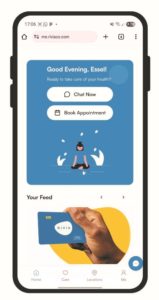
Members can view prescriptions, lab reports, and diagnoses directly from their Rivia account. This is also integrated on WhatsApp—no new app needed. From booking appointments to receiving prescriptions, everything happens inside the familiar messaging platform.
“Our digital approach is market-aware,” Isidore explains. “We’re not forcing users onto a random new app. We’re meeting them where they already are.”
Rivia offers both free and paid plans. Its paid plans are targeted mainly at small, medium and growing businesses (SMBs) that have been excluded from traditional health insurance. However, its free tier is available to individuals, families, and smaller firms that want to test the system before committing.
“Eighty percent of our focus today is on SMB partnerships,” Isidore notes. But Rivia is also attracting attention from larger companies. Ghana’s Trasacco Group, one of the country’s largest real estate and construction firms, has already onboarded the staff of Ibis Styles Hotel in Accra onto the platform. The Food and Drugs Authority has also shortlisted Rivia to provide health access for over 1,000 employees.

The Rivia x Ibis Styles Hotel Accra teams
Looking Ahead
Rivia is now raising a seed round to scale its platform across Ghana and expand into Nigeria, Côte d’Ivoire, and Kenya in the near term.
With Ghana’s healthcare expenditure estimated at $3–4 billion annually, and more than 2.5 million formal sector employees, the opportunity is massive. Rivia’s approach—bridging care, technology, and transparent financing—could redefine how Africans experience healthcare.
In a market long weighed down by complexity and exclusion, Rivia’s focus on simplicity and access could finally offer the breakthrough that healthcare in Africa has been waiting for.

